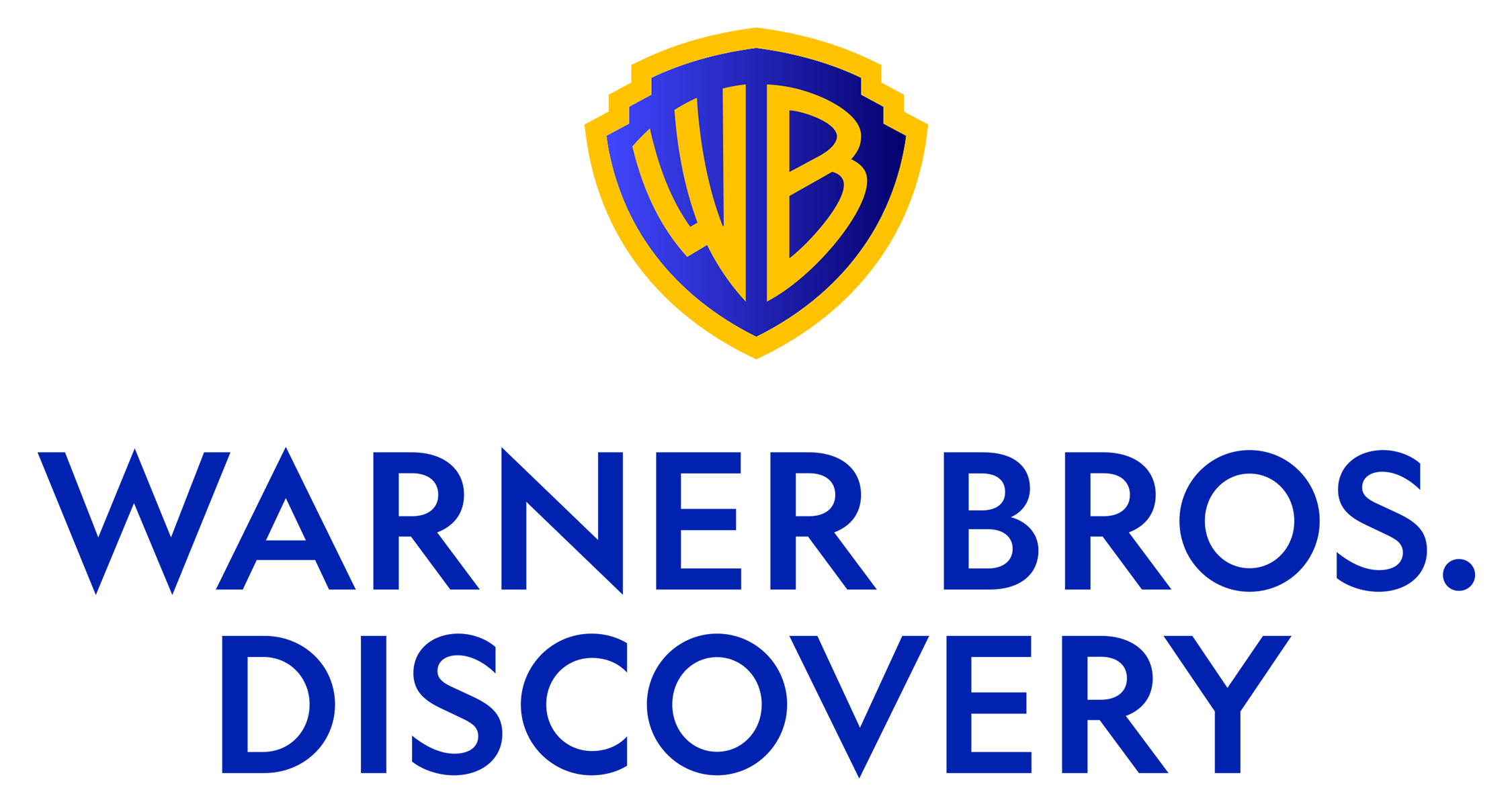Capitol Broadcasting to stream TV programming on Internet
Capitol Broadcasting has petitioned the U.S. Copyright Office to extend the compulsory license for over-the-air television broadcasts to retransmission over the Internet.
A condition of the extension would be that all existing exclusivity rules are honored and that online availability would be restricted to the station’s home market. That restriction would be the same as what already applies to cable and satellite operators.
Jim Goodmon, president and CEO of the North Carolina-based broadcasting company, wants his television stations to be able to distribute their shows over the Internet within their markets.
Goodmon, according to a report by TVNewsday.com has requested that the U.S. Copyright Office affirm that the compulsory copyright license covers the in-market retransmission of TV signals or, if necessary, recommend that Congress amend the law so the license would cover such a service.
Goodmon, who was an early advocate of HD broadcasting, owns four full-power TV stations, including WRAL-TV in Raleigh, NC. His company’s comments were part of the Copyright Office’s review of the compulsory license.
Compulsory copyright, originally part of the Copyright Act of 1976, is a license that allows cable and satellite television systems to redistribute local television signals without having to pay royalties for programming the station does not own.
As to how Capitol would ensure programming is not viewed on the Internet outside its local coverage area, the company said it has developed a strategy that would restrict Internet viewing to locations within its market area.
The professional video industry's #1 source for news, trends and product and tech information. Sign up below.
“The methodology is functionally equivalent to the in-market ‘intranet’ internal security arrangements widely used to restrict access to private, internal Internet communications,” Capitol told the Copyright office. “Thus, traditional concerns, both by the [Copyright] Office and by local broadcast stations, about the ability to restrict Internet retransmissions within local television markets are obviated.”
Capitol would use a two-part process. First, viewers of its programming would be required to provide a credit card number. If the number is associated with an address within the station’s market, the user would be eligible for service. If not, the user would be rejected.
A second layer would require users to receive authorizing signals from multiple FM stations in the same market as the desired TV station. The authorizing FM signals would be received by a small USB dongle that plugs into the user’s personal computer. Capitol said it has already tested such a dongle and applied for a patent on it.
Finally, Capital said that it would present recording or forwarding of the programming through digital rights management protection.
A public hearing on compulsory license is set for July 23-26 in Washington. Goodmon plans to testify.
